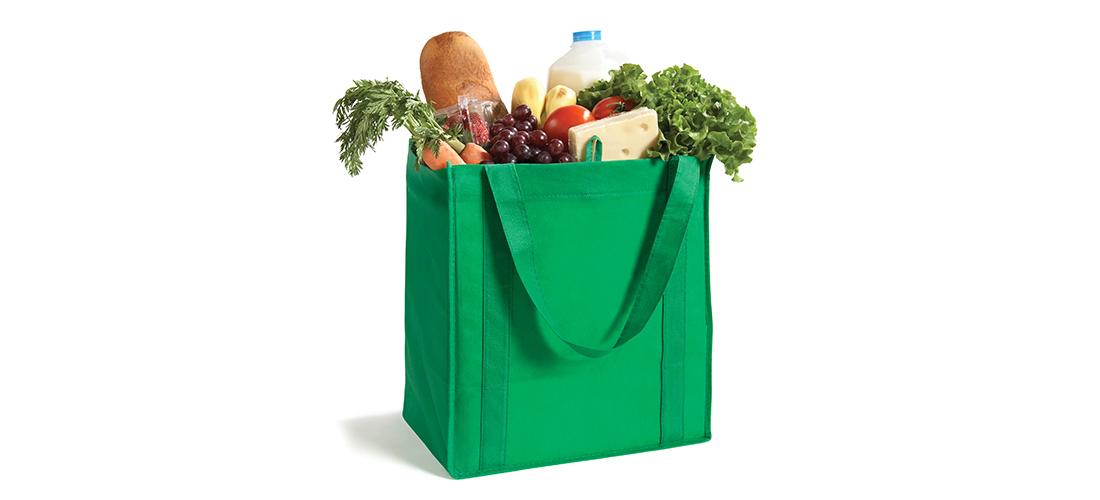
BYOB
Bring Your Own Bag
By Karen Frye
Forget the bottle, just bring your bag — your reusable shopping bag. It would be a great habit to adopt now if you haven’t already. Let’s do our part to take care of our environment so our families have a safe and less toxic world to live in.
New York was one of the first states to enforce a ban on the use of plastic shopping bags. Other states, maybe even North Carolina, could one day follow that lead. Lawmakers in New York approved the ban on these single-use shopping bags and gave local governments the option to charge extra for paper bags. New York City recently put that into effect, adding a nickel for each paper carry-out bag a customer uses at retail and grocery stores. The goal is not to make money but rather to encourage people to bring their reusable bags. New York City alone collects 30,000 tons of paper bags each year, and more counties are following suit.
Paper bags have their own set of issues. They cost stores quadruple what plastic bags cost, and it takes more energy to make a paper bag. The manufacturing involves the use of chemicals released into the atmosphere at the same rate as plastic bags.
Plastic bags are made from oil and natural gas. It takes 12 million barrels of petroleum to produce the plastic bags that our country uses yearly. The bags have a lifetime of 500 to 1,000 years, slowly breaking down into small toxic particles.
Plastics are collecting in our oceans at an alarming rate. They travel from city storm drains to creeks, rivers and streams and, finally, to the oceans with harmful consequences for our marine and coastal wildlife. It’s estimated that 1 million birds, 100,000 turtles and countless other forms of sea life die each year from ingesting plastic. The animals and birds confuse floating plastic bags (and other pieces of plastic) with plankton or jellyfish. Once ingested, it blocks their digestive tract and they starve to death.
The Environmental Protection Agency has been collecting statistics on plastic bag use for more than a decade. About 2 percent of plastic bags actually get recycled in the U.S. The rest live on for hundreds of years in landfills or the oceans, where they destroy wildlife and leach toxins. Plastic bags have been found as far north as the Arctic Circle and as far south as the Falkland Islands.
Sustainability starts with each one of us. Get reusable bags and keep them in your car. Make them a staple in your everyday shopping routine. One person using reusable bags over his or her lifetime can remove over 22,000 plastic bags from the environment. What’s a better incentive than that? PS
Karen Frye is the owner and founder of Nature’s Own and teaches yoga at the Bikram Yoga Studio.





